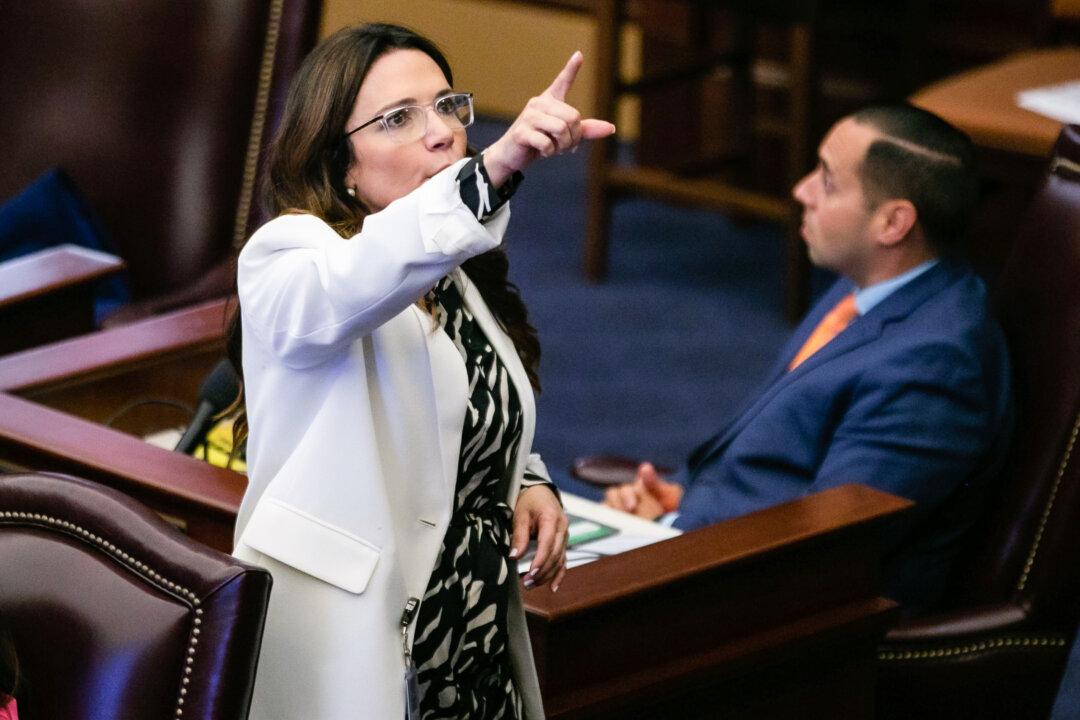The Florida Senate on April 3 passed a bill prohibiting abortions after six weeks, a measure backed by Gov. Ron DeSantis that prompted demonstrations at the state’s capital, which resulted in the arrest of a state senator and the Florida Democrat Party leader.
The state Senate voted 26-13 in favor of the bill, while the House version of the bill—which is nearly identical—advanced out of committee last week and is expected to be voted on soon.





